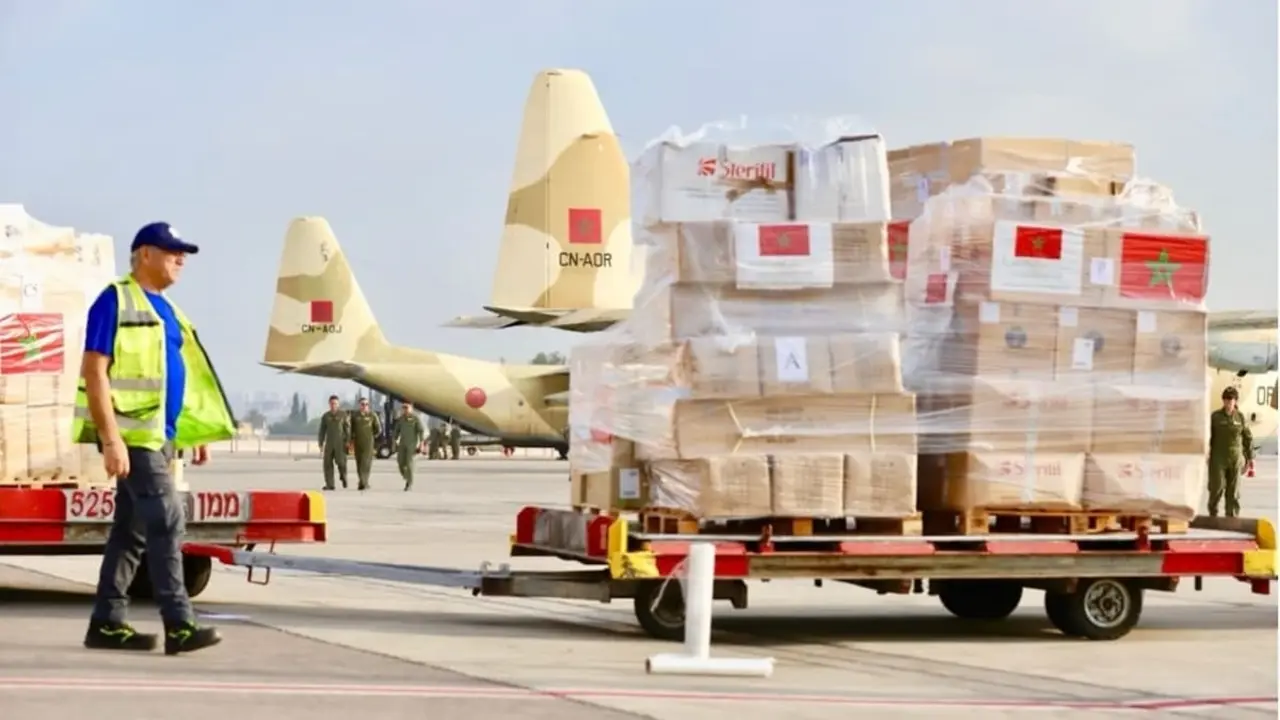Turkey's health system is overwhelmed by the rise in cases of COVID-19

In several hospitals in Turkey, doctors are forced to choose between patients because of the approaching collapse of Turkish hospitals due to the excessive increase in cases of COVID-19 infection.
Several Turkish hospitals are on the verge of maximum capacity and doctors are forced to "choose the patients", the president of the Ankara Medical Association (ATA), Ali Karakoç, denounced on Saturday.
"The health system workers are worried about the intensity in the hospitals, we are forced to choose the patients. A few days ago we lost a Parliament employee who was treated at home. We are concerned about these cases," said Ali Karakoç in statements to the Turkish daily Cumhuriyet.
The situation is particularly worrying in Ankara, the administrative capital of the Eurasian country, because of the shortage of medicines. In view of this situation, Karakoç denounced that patients who tested positive for coronavirus "are given medication three to four days late".
For its part, the Ankara Chamber of Pharmacists warned of the lack of vaccines against flu and pneumonia, which threatens to make the situation even worse in the coming months. In the same vein, the Health Workers' Union (SES) warned of the risk of "chaos" during the upcoming autumn season.
The official number of new cases per day stood at 1,671 on Friday, when 56 deaths were reported by COVID-19 in 24 hours. Since the first outbreak of the pandemic, the Turkish Ministry of Health has reported 288,126 people infected with COVID, of whom 256,524 recovered and 6,951 died.
However, the Turkish Medical Association and experts close to the opposition estimate that the actual number of infections is ten times higher in the Ottoman country of 80 million people.
Even, according to a recent survey, 58.9% of Turks believe that the government is not transparent in reporting publicly on the evolution of the disease. This scepticism is even expressed by about a third of the voters of the president's Justice and Development Party (AKP), Recep Tayyip Erdogan, in power since 2002. In the same line, the opposition to the Erdogan regime has been criticizing the Turkish government's response to the pandemic during the last months.
Health Minister Fahrettin Koca admitted the problems caused by the "worrying" spread of the coronavirus, suggesting that the pandemic is being lost. "Right now there are more than 100,000 people who should be isolated at home, but are travelling between cities," the minister told the Turkish daily Sabah. "The number of patients registered on September 11 was double that of the previous month. In the last month there has been a 42% increase in the number of seriously ill people in Istanbul," he added.

Several Turkish leaders blame the current crisis on the unwise behaviour of a large part of the population. To address this situation, the Ottoman authorities on Friday ordered drastic measures against those who do not follow the COVID-19 quarantine conditions, the Ottoman Interior Ministry itself announced in an official communication. "Despite the inspections, it was determined that some citizens who have been isolated in their homes left their residences acting against precautions, putting public health at risk and causing the transmission of the disease to other people," stressed the Turkish Ministry of Health, as reported by the Chinese news agency Xinhua.
From now on, patients with coronavirus and those at risk of contracting the disease who violate the isolation conditions will be placed in dormitories and shelters designated by the local governors, according to the official ministerial note.
Health personnel will also be assigned to supervise the health conditions of people in quarantine in these places; in addition, the Ministry said that all cleaning services and other logistical needs will be met by the Disaster and Emergency Management Authority.
The total number of cases in the capital city of Ankara is twice as high as the number of cases in the big city of Istanbul, the Health Minister explained.
Turkey reopened the economy in most of its sectors at the beginning of June. Since then, the number of cases has grown to its highest level since May, when closures were established in the country. The Turkish Medical Association sounded all the alarms a month ago when it warned that, according to antibody tests, there are ten times more active patients with coronavirus than official figures show.








